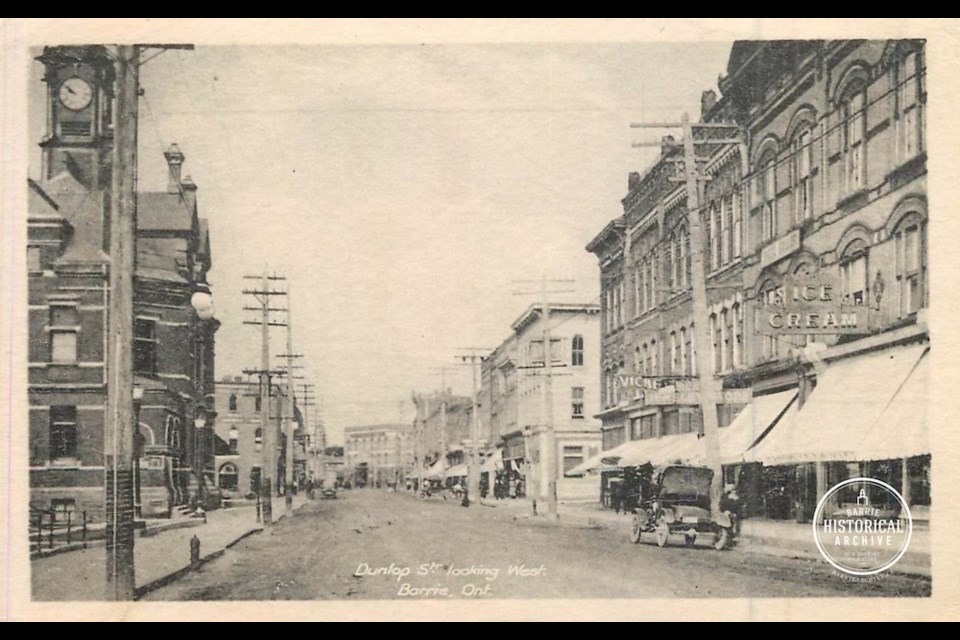Although it has been called the cradle of western civilization, Greece has often found itself living under the rule of some other foreign empire. It wasn’t until 1829 that the country actually achieved the independence that they had declared eight years earlier.
It wasn’t all smooth sailing, though. Greece saw political upheaval, several battles, an assassination, a change of capital city and the return of the monarchy (with a forced abdication) before settling into some kind of normalcy by the end of the 19th century.
Life in Greece, at the dawn of the 1900s, looked promising. The people were free and the land was their own for the first time in centuries. Along came modernization which transformed the country. Everything was improving from education, employment and mechanization to medicine and travel.
In fact, things were going a little too well.
The population exploded. In some areas, the population increased 10 times over in just over 40 years. Soon, there were not enough jobs nor enough food for all of these people. So began a great wave of emigration to the United States. Between 1906 and 1912, some quarter million Greeks left for America and among them was young George Peter Bakogeorge.
George was born in 1883 in the Peloponnese region of Sparta, Greece, in the Taygetus Mountains. This poor and isolated area was particularly hard hit by the shifting of the social and economic sands during the early 1900s and saw many of its citizens move away, including George.
George Bakogeorge arrived in Barrie around 1907 after having spent short periods of time in Baltimore, Md., and then Hamilton, Ont. George was only 24 years old at the time, but had already been married for seven years to Stavoula Ylanakos.
Stavoula didn’t accompany George to the new country. As was the custom with many fledgling Canadians, the men got their start in their adopted home and sent for their family when they had enough money saved and a house arranged for them.
George Bakogeorge left Greece in 1902 and Stavoula Bakogeorge remained there, with their son, Peter, until 1910. When his family arrived in Barrie, the little boy in particular must have been thrilled to see that Papa had opened a candy store!
That first shop was small and occupied only half of one of the two storefronts in the Bothwell Building at 76-80 Dunlop St. E. In 1911, Mr. Bothwell retired from his grocery business and Reeves, the jeweller who had shared a space with Mr. Bakeogeorge, moved into the vacated grocery store which allowed the Bakogeorge shop to expand.
The business was appropriately called the Olympia Candy Works. The shop quickly made itself popular with the local folks by selling an assortment of home-made ice cream and candy while serving other assorted sweet treats from their soda fountain.
Kids and adults alike enjoyed the regular guess-the-weight contests put on by Olympia. A giant candy displayed in the front window, weighing sometimes 30 pounds or more, could be won by whomever guessed its weight most accurately.
In 1922, the Bakogeorges relocated their store to 34 Dunlop St. E., where the Johnson Residence nightclub is located today. The shop celebrated its grand opening on Saturday, Sept. 16 in its newly marble-fronted venue, with all new candy-making equipment, lots of door crasher sales and the exotic sounds of Ben Hokea’s Hawaiian Orchestra playing live.
Before retiring in 1951, George and his family hosted one last big event that was excitedly reported in the Barrie Examiner on April 16, 1951 right after the Barrie Flyers had won the OHA Junior 'A' hockey championship.
“The band were all at the game anyway so the Mayor didn’t have far to go to in summoning musical help. Valley sent a truck up to the arena and by 11:30 the parade of some 3,000 fans was in full swing and lasted for several hours. It ended at the Olympia where the town fathers had arranged a lunch for the team and police were needed to handle the traffic.”
The Olympia Candy Works closed and was followed in that spot by the well remembered Sally Shop that I recall even up until at least the mid-1980s.
Stavoula passed away in 1946 and George followed her in 1952.
To see a little reminder of the Olympia days, drop into the Homstead Bakery at 80 Dunlop St. E., some time. The tinwork ceilings and multicoloured tile floor added in the 1911 renovation of the original store still remain today and were recently uncovered by the workmen restoring the building for owner Paul Lynch.
Each week, the Barrie Historical Archive provides BarrieToday readers with a glimpse of the city’s past. This unique column features photos and stories from years gone by and is sure to appeal to the historian in each of us.



